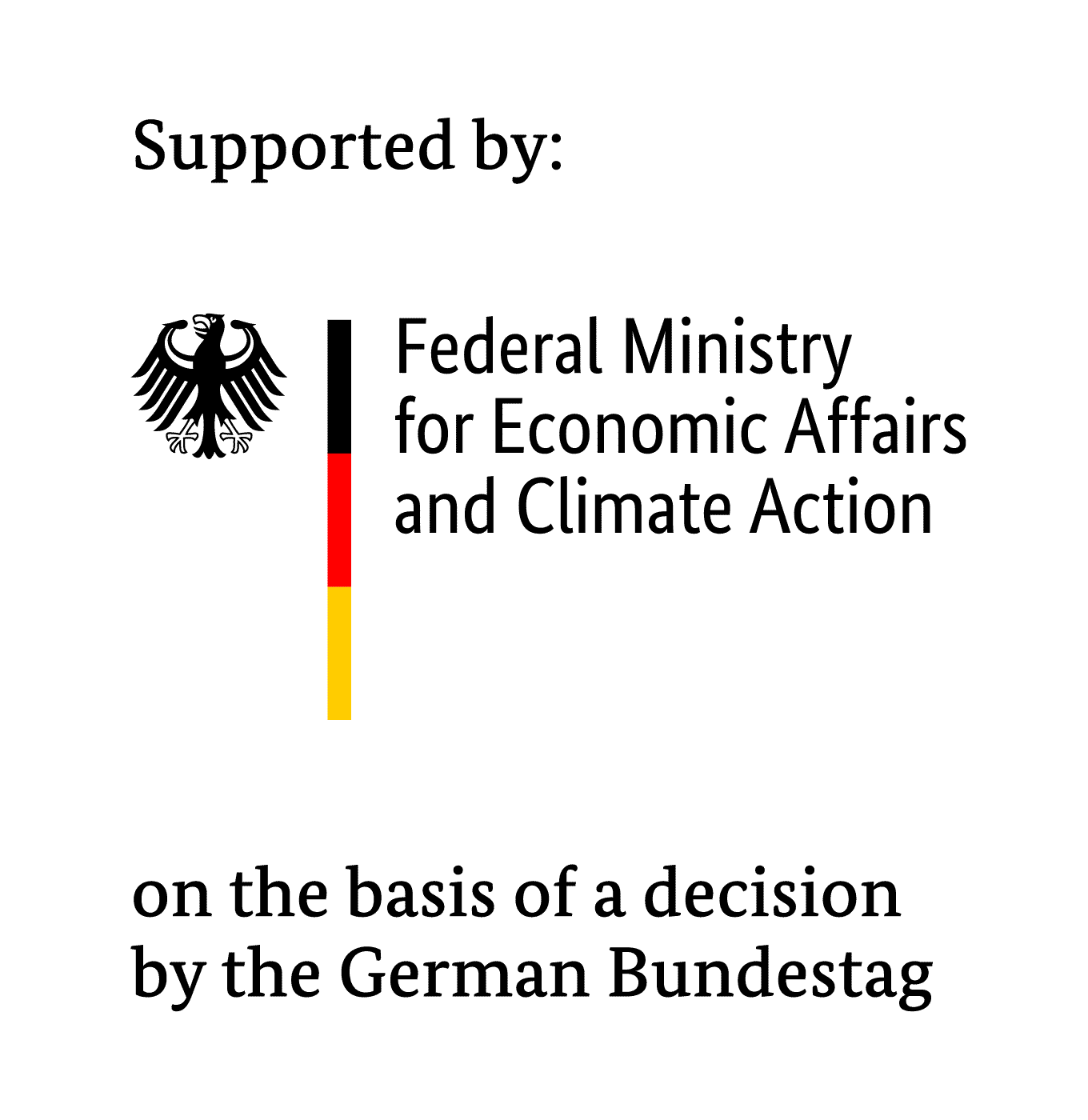Projectname:
Studies on the suitability of innovative UV sources for sterilizing the surfaces of packaging materials and machinery
Workgroup: Preservation of food quality
Spokesman of IVLV-Project Team: N. N.
Research Institution: Fraunhofer IVV, Freising
Scientific Guidance: Mr. J. Wunderlich
IGF: 14955 N
Financing: BMWi
Project Duration: 2006 – 2009
In many sectors of industry a key requirement for hygienic production is effective sterilization of the surfaces of machinery and packaging materials. Sterile, hygienic surfaces are essential wherever (microbiologically) perishable products such as foods, cosmetics and pharmaceuticals come into indirect or direct contact with these surfaces.
Irradiation with UV light is often used in industry for sterilizing surfaces (especially low pressure UV-C emitters). New innovative emitters, which could expand the field of applications, promise improved performance. Over the past 5-7 years or so an increasing number of innovative UV sources such as excimer emitters, UV light-emitting diodes and also optimized low-pressure and medium-pressure emitters have becoming commercially available.
Up until now no detailed study has been undertaken to evaluate the effectiveness of sterilization using these new UV sources. The objective of this work is therefore to assess the sterilization efficiency and practical viability of this new generation of emitters. This will involve measuring the kinetics of deactivation of different germs using different UV sources and evaluating the effect of direct and indirect (reactive gas) UV-irradiation. It must also be determined whether the properties of the packaging materials (PE, PS, PET + others) change on being subjected to microbiologically significant doses of radiation. In addition, germ mortality as a function of the packaging material properties will be studied.
The use of suitable UV sterilization plants will enable the hygiene-safety at filling/packing companies to be improved. This will result in products with longer shelf-lives and this in turn will allow improved distribution options, fewer complaints and ultimately lower costs.
The results of these studies will allow filling/packing companies to optimally select the plants they require. The results will allow constructors of UV sterilization plants to customize their product ranges to the needs of filling/packing companies. It is expected that the results will also enable the performance of UV plants especially designed for sterilizing surfaces to be optimized.

The IGF project presented here by the Research Association of the Industrial Association for Food Technology and Packaging (IVLV e.V.) is funded by the Federal Ministry for Economic Affairs and Climate Action as part of the program for the promotion of industrial community research (IGF) based on a decision of the German Bundestag.